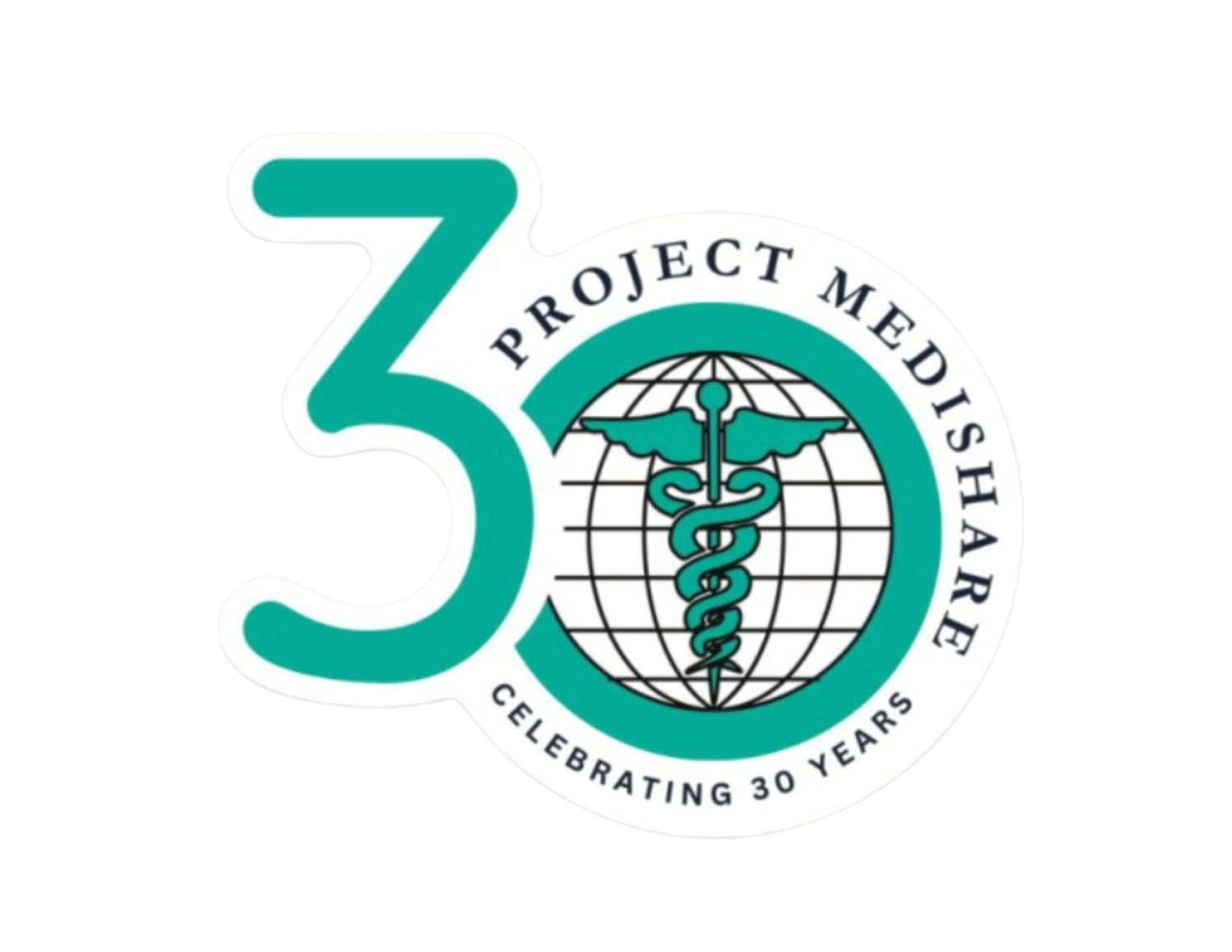Inside a Haitian maternity clinic
It’s a little before 6:30 a.m. on a Wednesday morning. The sun has started to rise over the mountains of Port-au-Prince, and I’m headed to the Central Plateau for a field visit with Project Medishare, a nonprofit that has been providing life-saving health care to Haitians for almost 25 years.
This is the third day of my first trip of 2018, and I’m glad to leave the hustle and bustle of the capital behind for the rural countryside.
Nearly 2.5 hours later, I arrive at Project Medishare’s maternity center in Marmont. The center opened in 2013 to help reduce the country’s maternal mortality rate – one of the highest in the world. Whenever I come to the Plateau, the maternity center is usually my first stop.
I love seeing the newborn babies, their lives full of hope and possibility. The strength and determination in Haitian women that I deeply admire is always on full display at the maternity center.
All five beds at the center are full: two with women who delivered the night before, two in labor and one in her first trimester with morning sickness. I search for Head Nurse Midwife Josette Napolean (better known as Miss Napo) to learn more about the two women in labor. One of them is 32-year-old Heureuse, which means fortunate in French. She’s 41 weeks pregnant with her second child, making her a week overdue. Her blood pressure is high, but she doesn’t have pre-eclampsia, one of the leading causes of maternal death in Haiti.
Heureuse is calm as Miss Napo listens for the baby’s heartbeat and checks her cervix. If there’s no progress soon, Miss Napo will induce labor. I ask Heureuse if she’s hoping for a boy or a girl.
“It doesn’t matter,” she says. “I just want a healthy baby.” The suitcase full of pink blankets, hats and dresses suggests she’s longing for a girl.
Hours later, Heureuse is finally in labor. Outside the delivery room, I can hear her screaming in pain. Inside, she’s gripping the sides of the delivery table, her feet in stirrups. Her face is damp, a mix of sweat and water to help keep her cool. Gone is the calm, soft-spoken woman I met earlier in the day.
Miss Napo coaches Heureuse through each contraction. As her screams grow louder, she pulls her knees to her chest, pushing as hard as she can. I see the top of the baby’s head, and then the shoulders emerge. Miss Napo gently eases the baby out. I congratulate Heureuse, excited she got the girl she wanted.
But that excitement is short-lived.
“She has some malformations,” Miss Napo announces as she examines the baby. I move toward her to take a closer look. The baby’s legs and feet are turned inward, and there is what looks like a large, open sore on her back. My heart sinks.
Heureuse and her boyfriend, Jocelyn, look confused and scared as Project Medishare’s pediatrician, Frantzy Dieudonne, explains that the baby has myelomeningocele, a severe form of spina bifida in which part of the spinal cord is exposed. It occurs within the first weeks of pregnancy, and can be caused by genetics or a folic acid deficiency.
The severity of the baby’s condition requires that she be transferred to a hospital. As Dieudonne writes the referral papers, Miss Napo suggests that Heureuse breastfeed. Heureuse tries to breastfeed, but the baby doesn’t latch. She quickly gives up, a look of defeat, exhaustion and guilt on her face, as if she’s to blame for her daughter’s condition.
I return to the maternity center the next morning and immediately notice that Heureuse and Jocelyn look more relaxed. The first question I ask Heureuse is if she’s breastfeeding. She smiles and nods yes. After being turned away by a hospital the night before, I share with them the good news: Our partners at Hospital Bernard Mevs has space for the baby in the pediatric unit. Project Medishare will transport them to Port-au-Prince, and cover the cost of the baby’s care – a huge relief to both parents.
On Saturday morning, before my flight back to Miami, I stop by the hospital to see Heureuse, Jocelyn and the baby. They are in good spirits, but anxious to know when the baby will have surgery to close the opening in her spine. I look at the baby, quietly wondering what her life will be like. I take comfort knowing she’s in the best place possible to receive the care she needs and reach for the baby’s hand to say goodbye.

